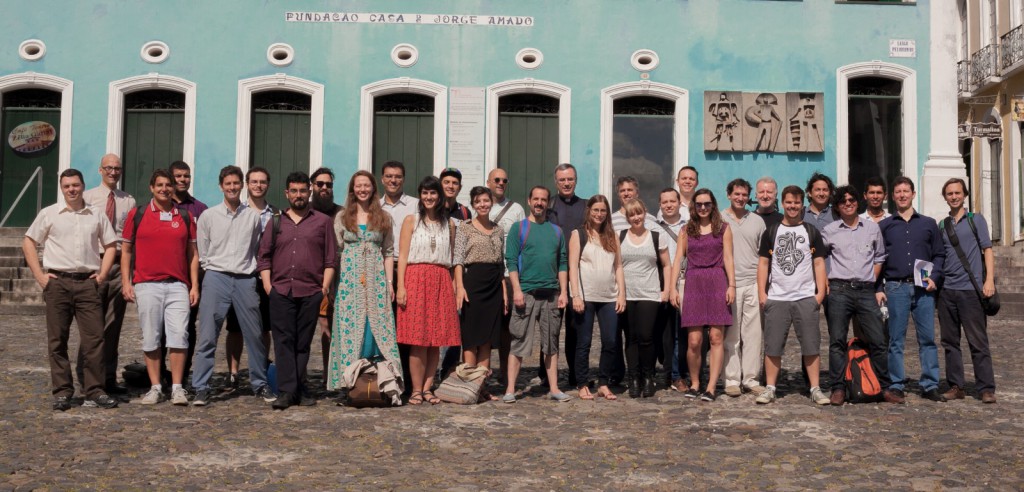Del 15 al 19 de Agosto, 2016, tuvo lugar en Salvador da Bahía, Brasil, el Workshop El cerebro, la mente y la persona, organizado por el Ian Ramsey Centre for Science and Religion, Universidad de Oxford y la Universidade Federal da Bahia, Brasil, dirigido a jóvenes académicos de America Latina.
 Participaron de este evento Mariano Asla, investigador del proyecto, Ivana Anton Mlinar, investigadora asociada, y Ayelen Sanchez, asistente de investigación. A continuación les dejamos los abstracts, en inglés, de sus presentaciones:
Participaron de este evento Mariano Asla, investigador del proyecto, Ivana Anton Mlinar, investigadora asociada, y Ayelen Sanchez, asistente de investigación. A continuación les dejamos los abstracts, en inglés, de sus presentaciones:
Mariano Asla – Cognitive Approaches to Moral Evil: Prospects and Pitfalls of Naturalists Explanations of Moral Wrong Doing
The origin and nature of Moral Evil is undoubtedly one of the great human questions. It’s one of those complex issues in which anthropological, metaphysical and religious thesis intertwine. But in recent years this theoretical scenario has been changed and expanded due to the irruption of Natural and Cognitive Sciences. In this paper, I will focus on the approach of the cognitive ethologist Marc Hauser, who attempts to explain moral wrong doing (in particular of gratuitous cruelty and violence) from an evolutionist and cognitivist standpoint. In short, I will try show that his naturalist approach may be an interesting contribution for the comprehension of human psychology but entails certain philosophical weaknesses: i) it rests on implicit realists assumptions, ii) it requires a strong conception of human personal dignity and value, and iii) it fits better in a libertarian framework of free will. All these theses are at least problematic within the limits of a naturalistic approach.
Ivana Anton Mlinar – The Problem of Self: Can the “Minimal Self” Get Lost?
A self is a fundamental explanatory principle to understand consciousness, to account for that essential feature that characterizes experience: its subjectivity (for-me-ness), its first person character. I would like to point out what has been called the minimal self, in an effort to come to the essential core of this principle, especially within the scope of pathologies in which precisely the self may be disrupted. The minimal sense of self includes a sense of self-ownership and a sense of self-agency for actions. According to some authors, in cases of involuntary movements, unbidden thoughts, and schizophrenic experiences such as thought insertion, it becomes possible to distinguish between them, then here the sense of agency should be lacking but the sense of ownership should be retained in some form. Some other analysis have challenged the sharp distinction between these two modalities, showing that they are rather intimately related and even modulate each other. The detailed phenomenology of these experiences that show rather the intentionality –that is, a relational character– as the constituent of the agentic nature, of the minimal sense of self, lead us to inquire if it is then possible to assert that the minimal self never gets lost. Furthermore, such a claim could provide elements to account for –among other things– the subjective activity of patients in a coma and in a vegetative state, since, although they do not show perceptible organic agency, their subjective activity, their agency in its intentional aspect could have been recognized after recovery.
María Ayelén Sánchez – Intentionality and Real Patterns: An analysis of Dennett’s perspective in relation to some empirical evidence from cognitive sciences
The broad goal of this paper is to show a specific example of how empirical sciences and philosophy can enrich their respective fields by approaching the common topics jointly. Specifically, I will analyse Daniel Dennett’s ontological perspective about intentional states and confront it with some salient empirical data provided by Baron-Cohen’s recent experiments. First, I will present Dennett’s account of intentionality, according to which intentional states can be understood as patterns of the human behaviour, and his description of Folk Psychology in terms of the perspective from which these patterns can be tracked. Secondly, I will confront Dennett´s perspective with Baron-Cohen’s twofactor theory of autisms: the “empathizing–systemising” (E-S) theory (2009; 2011). This new theory explains the areas of strength autism syndrome by reference to intact or even superior skill in systemising. According to the author, systemising consists in identifying the patterns and the rules that govern the system in order to make predictions about its behaviour. Finally, and taking into account some of the most relevant experiments that support the Baron-Cohen’s (E-S) theory, I will develop some arguments in order to point out the inconsistencies that arise between Dennett’s approach and the results of Baron-Cohen’s experiments. Despite this criticism of the Dennett’s position that I suggest here, I will consider some aspects under which intentionality can be conceived in relation to patterns and the tracking of them.

